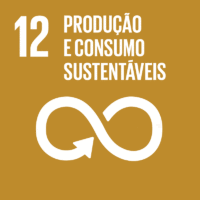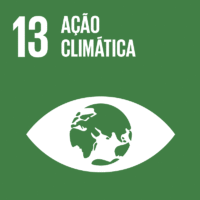Ciência_Iscte
Publicações
Descrição Detalhada da Publicação
Drivers of change: how the food system of the Lisbon Metropolitan Area is being shaped by activities, initiatives and citizens needs towards a sustainable transition
Título Revista
CIDADES, Comunidades e Territórios
Ano (publicação definitiva)
2021
Língua
Inglês
País
Portugal
Mais Informação
Web of Science®
Scopus
Google Scholar
Esta publicação não está indexada no Overton
Abstract/Resumo
Food has always been an urban issue. The role of cities in building more sustainable food
systems is already recognized and related to other urban domains, such as transport, health,
land use planning for agriculture and multifunctional areas, community development,
employment generation and waste management. The implications of these on urban planning
and practice are however less evident. A proper spatialization of the food system and of its
metabolic flows is missing, inhibiting their necessary readings for urban design. This paper
addresses this gap. After introducing the concept of food system and discussing its spatial
components – production, transformation, distribution, commercialization/consumption and
waste management – we expose how a set of food-related activities and initiatives are shaping
the Lisbon Metropolitan Area. The socio-ecological metabolic flows established by these
operations on the ground and their sustainability impacts are established, based on the
analysis of five municipalities: Lisbon, Oeiras, Alcochete, Palmela and Montijo. The results
reveal how food is already an opportunity for the creation of jobs, healthy food markets and
the promotion of land productivity, in particular on a micro scale. The paper recognizes the
importance of localized food systems and their particular metabolic flows, capable of
boosting opportunities to overcome physical and social obstacles and to increase the
possibilities for urban planning to target the urban food system on a wider scale. Finally, it
concludes that the overall food system of a metropolitan area is more than the sum of the
several food systems operating in that same region
Agradecimentos/Acknowledgements
--
Palavras-chave
Development agenda,Food system,Spatialization,Sustainability transition,Systemic methodology,Urban planning
Classificação Fields of Science and Technology
- Geografia Económica e Social - Ciências Sociais
- Outras Ciências Sociais - Ciências Sociais
- Artes - Humanidades
- Outras Humanidades - Humanidades
Registos de financiamentos
| Referência de financiamento | Entidade Financiadora |
|---|---|
| POCI-01-0145 | Comissão Europeia |
| FEDER-016431 | Fundação para a Ciência e a Tecnologia |
Contribuições para os Objetivos do Desenvolvimento Sustentável das Nações Unidas
Com o objetivo de aumentar a investigação direcionada para o cumprimento dos Objetivos do Desenvolvimento Sustentável para 2030 das Nações Unidas, é disponibilizada no Ciência_Iscte a possibilidade de associação, quando aplicável, dos artigos científicos aos Objetivos do Desenvolvimento Sustentável. Estes são os Objetivos do Desenvolvimento Sustentável identificados pelo(s) autor(es) para esta publicação. Para uma informação detalhada dos Objetivos do Desenvolvimento Sustentável, clique aqui.

 English
English




